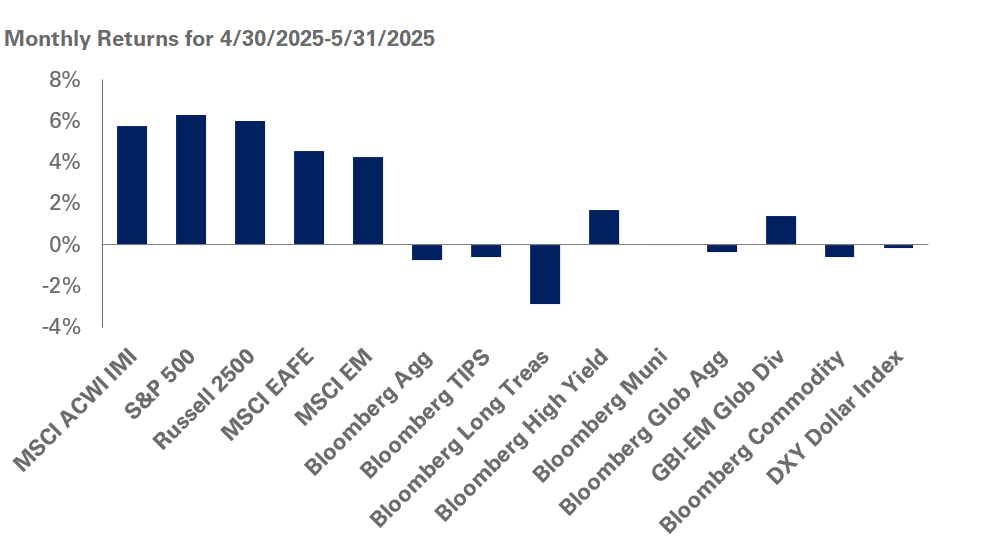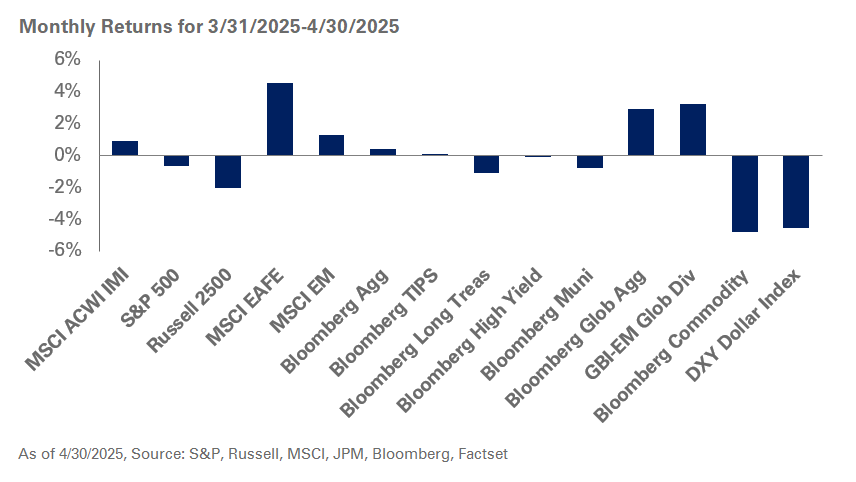Italy’s parliamentary elections—regarded as the most important in Europe this year—on March 4 resulted in no single party or pre-formed coalition garnering the required 40% of the vote. While this result was widely anticipated, populism won the day, making it impossible to create a coalition without the support of either the anti-immigration League or the anti-establishment Five Star Movement (M5S).
The political outcome underscores the continued backlash against globalization—one of NEPC’s key market themes for 2018—amid electorate disenchantment with uneven economic recovery and anemic wage gains. At NEPC, for most clients we maintain an overweight recommendation for international developed equities relative to US stocks as economic fundamentals and earnings growth are strong in Europe. We suggest implementing the exposure with a partial currency hedge as election outcomes can incite volatility. We also remind investors to be vigilant in the face of elevated volatility and to exploit short-term buying opportunities the market offers.
Some predict political upheaval for the region, but the outcome seems less disruptive given the coalition government recently formed in Germany. When viewed together, the results do not seem to alter investors’ underlying views on economic strength in the European Union (EU) given the short-lived sell-off in the euro and equities.
That said, Germany is the largest economy in the EU with Italy in fourth place. As such, a number of important partnerships between economies within the European Union could be jeopardized should more extreme parties form alliances.
As coalition talks commence in Italy, several combinations are possible–though none appear politically easy. M5S, for example, has consistently rejected cooperating with other parties, but softened its stance in the weeks leading up to the election. A potential alliance between M5S and the League would send shockwaves through the EU as it would likely be marked by strong anti-immigrant, anti-euro, and anti-bureaucracy rhetoric. Ahead of the elections, the Democratic Party was expected to play a significant role within a coalition but the party performed significantly worse than expected. Its leader, Matteo Renzi, acknowledged it would not join a government led by the League or M5S – effectively removing it from a potential alliance.
In the event there is no clear majority, Italian president Sergio Mattarella could choose to leave the incumbent party in place, effectively creating a temporary government and creating a path for new elections. However, that process would only begin after parliament meets on March 23.
At NEPC, we continue to closely follow the developments in the EU while monitoring the implications.



